🌍 Frontier Markets News, August 2nd 2025
A weekly review of key news from global growth markets

Africa
Somaliland hopes to exchange critical minerals for US recognition
The Somali breakaway state of Somaliland is offering the US access to its critical minerals in return for recognition of its sovereignty, Bloomberg reports. The US currently considers the semi-autonomous region to be part of Somalia.
Somaliland’s president Abdirahman Mohamed Abdillahi Cirro said his administration would be willing to offer a military base at the entrance of the Red Sea in addition to a deal for resources such as lithium, tin, gemstones, gold and gypsum. The area doesn’t currently produce lithium, but it has issued a license to a Saudi company to explore for deposits.
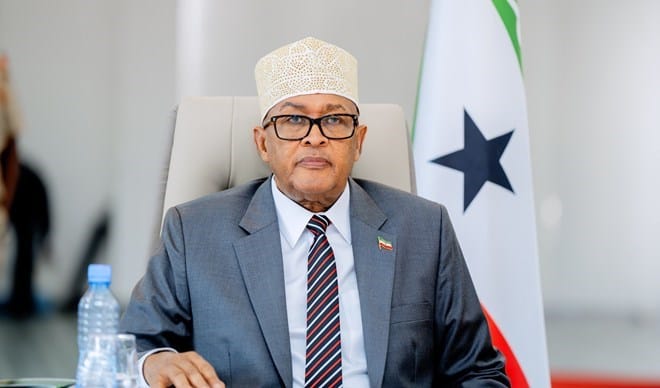
Somaliland’s proposal comes on the heels of a critical-minerals deal the Democratic Republic of Congo signed with the US in exchange for its help brokering a peace deal with neighboring Rwanda. Somaliland said the economic cooperation talks with the US embassy in Somalia and Department of Defense are continuing; the DoD did not comment.
Tanzania to limit foreign small businesses in favor of local empowerment
Tanzania is planning to ban foreigners from participating in several small-business sectors in an effort to provide more opportunities for locals, Business Insider Africa reports. The move covers 15 sectors considered critical to grassroots economic empowerment including tourism, mining and radio and television.
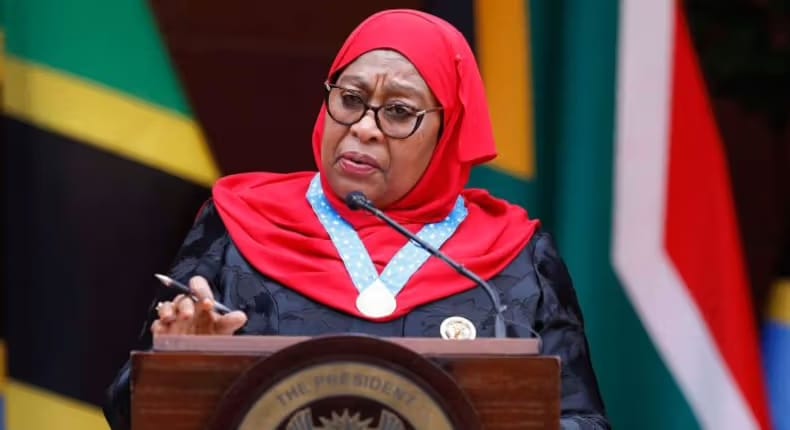
Individuals violating the new rules could face penalties including fines, imprisonment and deportation. The measures are aimed at supporting local economic growth, particularly in the informal economy, and come in the wake of protests by Tanzanians over what they see as unfair competition from Chinese traders.
The policy has been welcomed by many locals, although it has sparked concern within the East African Community. Kenya’s trade minister, for example, said that it violated the EAC’s agreement for free movement and trade among its eight member states.
Tech giants jostle for opportunity in Africa
Google plans to invest an additional $37 million into its artificial intelligence research effort in Africa, Semafor reports. The announcement comes as a wave of major tech companies are edging their way into AI opportunities in Africa.
US rivals, including Microsoft, Meta, and OpenAI, have announced substantial investments into African countries such as Nigeria, Kenya, Senegal and South Africa. Google has already worked with at least 150 African start-ups, but this would be its biggest move yet.
African countries are also looking to capitalize on the frantic interest in AI. Later this month, Kenya will host the continent’s first conference focusing solely on AI, and the country has become the world’s top user of ChatGPT.
Asia
Vietnam stocks hit all-time high on 25-year anniversary of local bourse
Vietnam’s largest stock index reached a record high this week, surpassing a previous peak set in 2022. The index is up 23% this year, rallying on recent news of a trade deal with the US. Industrial park developer Gelex Group and conglomerate Vingroup have led gains.
- Vietnam softens dual citizenship requirements (Nikkei)
- Thailand’s slumping tourism sector weighs on dismal stock market (Nikkei)
The national bourse, established in 2000, could rally further if Vietnam wins a long-awaited upgrade to emerging market status from rating firm FTSE. The World Bank estimates an upgrade could draw $5 billion in financial inflows, Reuters reports.
Vietnamese bankers say the country has satisfied seven of nine criteria set by FTSE, Vietnam Investment Review reports.
Bangladesh secures lower US tariffs
Bangladesh won a last-minute reprieve from heavy US tariffs after Donald Trump reduced the proposed rate on the South Asian nation’s exports to 20% from a threatened 35%, according to a White House statement on Thursday.
Officials in Dhaka celebrated the deal, which reduces the impact of Trump’s strategy on the export-dependent economy. “There is no possibility that our exports to the US will be hampered,” Commerce Adviser Sk Bashir Uddin said, according to state news agency BSS. He added, however, that the country had expected an even lower rate.

The move came after Bangladesh promised to buy more American products from a range of sectors. On Wednesday, officials said they had approved the purchase of more than 200,000 tons of US wheat, Reuters reports. Bangladesh pledged earlier in July to buy 700,000 tons of American wheat annually for the next five years.
Indonesia suffers largest FDI drop since 2020
Foreign direct investment into Indonesia fell by the largest margin in five years last quarter, according to the country’s investment minister Rosan Roeslani. The government attributed the 6.95% year-over-year drop to “geopolitics”, Reuters reports.
- Indonesia raises taxes on sales of crypto (Reuters)
Analysts believe the fall in investment is partly due to uncertainty over the potential impact of US tariffs. Donald Trump initially threatened to impose a 32% tariff on Indonesia before the two sides reached an agreement in July to cut the rate to 19%.
China, Hong Kong, and Singapore were Indonesia’s leading sources of foreign investment last quarter.
Middle East
Saudi market slides as investors question diversification plan
Saudi Arabia’s stock market has bucked a regional trend this year, sliding in the face of rising concerns about lower oil prices and the country’s growing reliance on debt financing, the FT reports. The benchmark Tadawul All-Share Index has fallen by 9% so far this year, in sharp contrast to the rival UAE, which has rallied 17% year-to-date.
IPO performance has been similarly lackluster. While Saudi IPOs in 2024 averaged a 27% gain in the first month of trading, this year’s limited number of listings—so far totaling only $2.8 billion—have gained only 4% on average due to a number of high-profile flops.
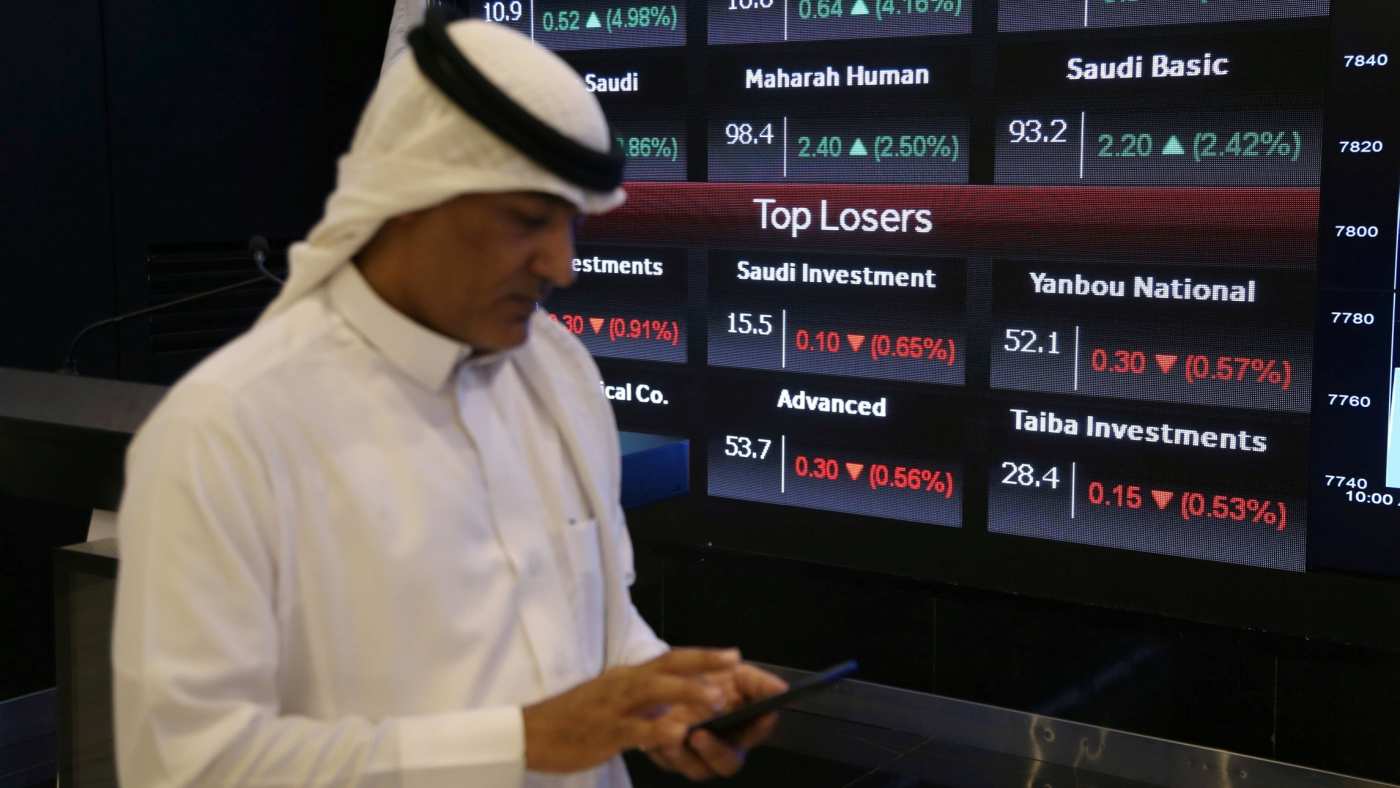
Although Saudi Arabia’s non-oil economy grew 4.5% in the first quarter of this year, oil still accounts for more than 60% of government revenues despite huge expenditure on efforts to diversify the economy, Bloomberg reports. Compounding the impact of lower income from the oil sector are the surging costs of Vision 2030 programs, which have forced Riyadh to issue more sovereign debt, transforming it from a net exporter of capital to a net importer.
Syria pursues diplomatic reset with Russia
Syria’s transitional government has opened the door to a rapprochement with Russia, which was the strongest backer of the former Assad regime, Al Jazeera reports. During a formal visit to Moscow, foreign minister Asaad al-Shaibani said his government wants Russia “by our side” to build a “united and strong Syria,” a sharp pivot from its previous position insisting on zero cooperation and no Russian presence in Syria.
- Syria to hold first parliamentary elections since Assad’s fall (Al Jazeera)
Following the visit, Damascus and Moscow agreed to deepen ties and review previous agreements struck by the Assad regime, including leases for a Russian naval base in Tartus and air base at Hmeimim. The transitional government had previously said the bases must be closed.
Syria has also been shoring up its support from other regional partners. Turkey will start providing subsidized natural gas imports on August 2, and Qatar this week agreed to foot the bill for natural gas imports from Azerbaijan to fuel an eventual 800 megawatts of power generation.
Tehran at risk of running out of water
Iran’s long-running water crisis came to a head this week, after critical shortages at a number of key reservoirs prompted authorities to push for sharp usage cuts in some cities, the FT reports. The country’s government announced that water supplies for Tehran are projected to run out in a matter of weeks, as a summer heat wave and drought exacerbate the impact of years of water-supply mismanagement.
The Tehran Province Water and Sewage Company said rainfall so far this year is at a 60-year low.
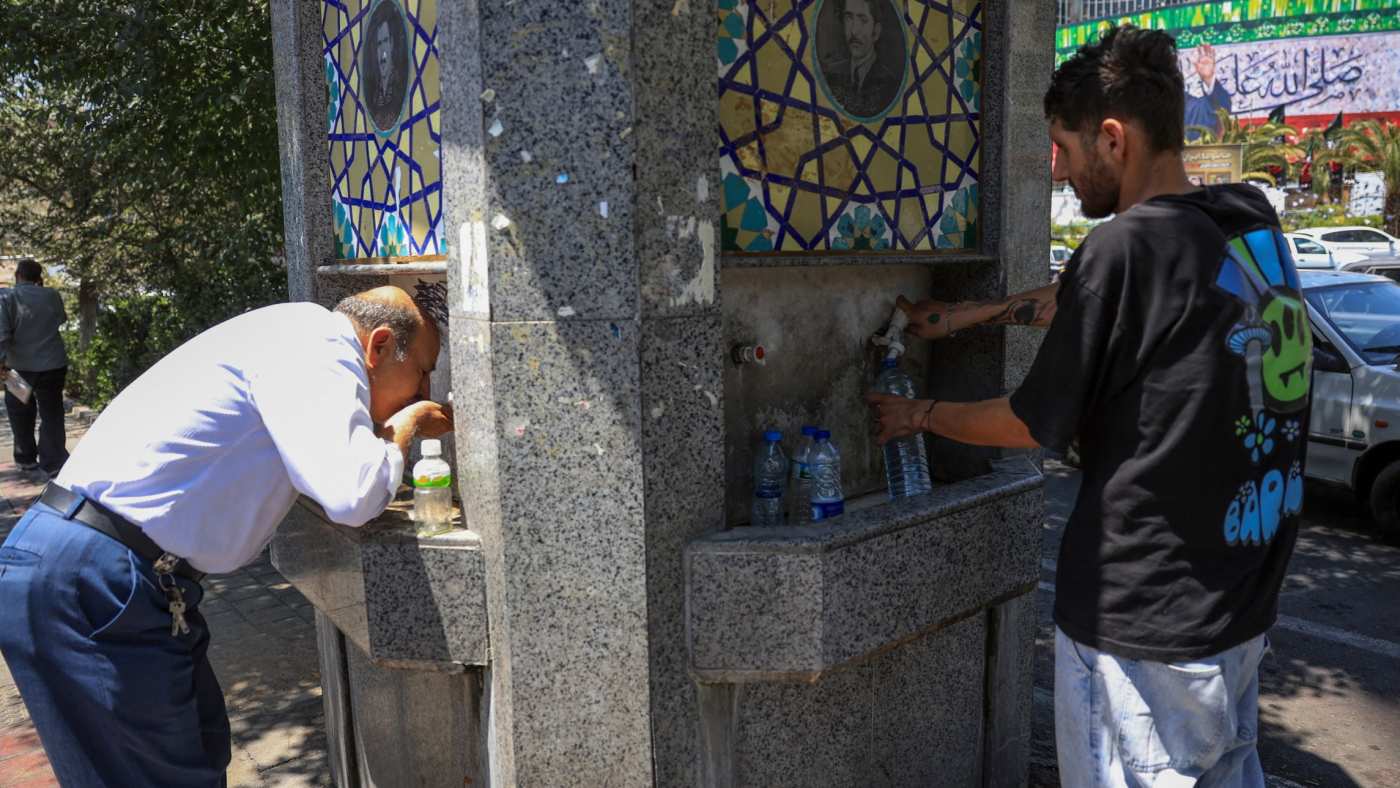
Iranians have for months been facing electricity rationing in response to a severe power shortage. The latest demand to reduce their water use comes even as the government continues to divert resources to feed water-intensive industries with national security importance, such as steel-making.
Europe
Romanian market rallies on privatization plan
Romania’s stock market has broken out of a months-long slump, with the country’s benchmark BET index reaching record highs on news that the government will accelerate listings of state-owned firms, Bloomberg reports.
Prime Minister Ilie Bolojan’s administration is using the momentum from a recent centrist electoral win to push through the long-promised privatization program as part of broader fiscal reform.
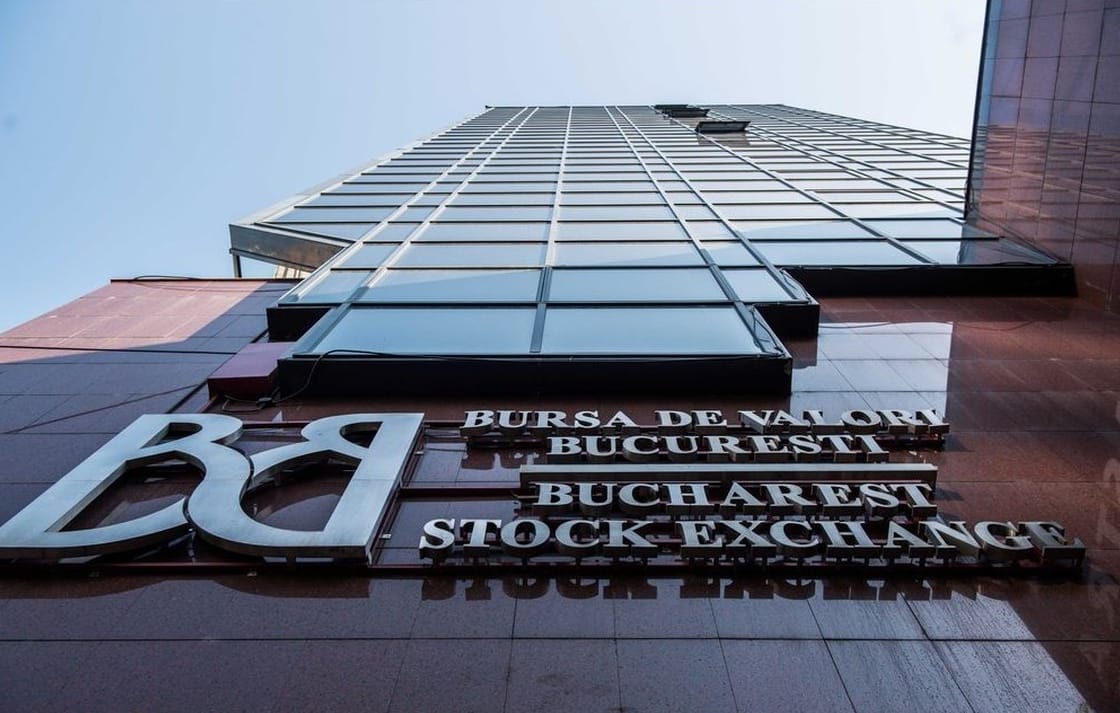
The rally positions Romania for a potential MSCI upgrade from frontier- to emerging-market status. Utilities have led the surge, mirroring a trend seen in Poland’s market.
While growth headwinds remain due to budget consolidation and inflationary pressures, the government’s follow-through on reforms has improved investor sentiment. The planned IPO wave is also a key condition tied to Romania’s access to EU infrastructure funding.
Latin America
Colombia moves forward with state control of healthcare
Colombia’s President Gustavo Petro has bypassed Congress to issue a sweeping healthcare decree restructuring one of the country’s largest public systems, Bloomberg reports. The measure sidelines public and private health insurance companies in favor of regional government control, escalating a standoff between the executive branch and institutional stakeholders.
Petro argues the move is necessary to rescue the sector from financial collapse, but critics warn it deepens legal uncertainty and leaves patient care in limbo. Colombia’s healthcare system is buckling under $8 billion in unpaid debts to hospitals and pharmacies, largely blamed on delayed government transfers.
- Colombia’s ex-president Uribe sentenced to house arrest in witness-tampering case (WSJ)
Over 60% of the population is now covered by insurers effectively under state control. With just a year left in office, Petro appears to be accelerating enactment of controversial reforms via decree, setting the stage for a legal and political clash over institutional limits and service delivery.
Bolivia looks to El Salvador for help adopting crypto
Bolivia has formalized a partnership with El Salvador’s digital asset regulator (CNAD) to help it develop blockchain oversight and crypto regulation, CoinDesk reports.
The agreement comes just one year after Bolivia overturned a long-standing ban on crypto use. Since then, monthly transaction volumes have surged over sixfold, topping $294 million annually, while state oil firm YPFB has begun using digital currencies for fuel imports to offset a dollar shortage.
The pact gives Bolivia access to El Salvador’s hard-won experience regulating bitcoin after it adopted the cryptocurrency as legal tender. It also signals a shift in official tone: Bolivia’s central bank now calls cryptocurrency a “viable and reliable alternative” to fiat.
Central American economies resilient to US policy volatility
Central America’s economies remain remarkably stable despite growing exposure to US trade and migration risks, Fitch Ratings reports. The firm said this week that Costa Rica, Guatemala and the Dominican Republic all maintain positive outlooks, buoyed by strong US demand and resilient remittance flows. Costa Rica and Guatemala both recently received credit ratings upgrades.
Even as the Trump administration tightens immigration rules and revisits tariff structures, the region’s sovereign ratings have trended upward, partly due to limited exposure to politically sensitive exports like autos and steel.
Uncertainty over US policy has also prompted a surge in remittances, which often exceed 20% of GDP in countries such as El Salvador and Nicaragua—both of which Fitch recently upgraded. A recently approved 1% tax on remittances from the US is unlikely to dent flows significantly, and while migrant detentions are rising in the US, deportations have not yet increased substantially, and logistical bottlenecks may slow enforcement.
What We’re Reading
Ghana’s central bank makes biggest key interest rate cut yet (Bloomberg)
Zambia to request a 12-month extension of its IMF program (Bloomberg)
De Beers sale is ‘preferred option’ amid Botswana takeover fears (FT)
Morocco’s annual trade deficit widened 18.4% in first half of 2025 (Reuters)
Dozens killed in protests over fuel price hikes in Angola (New York Times)
Namibia offers one of the world’s few new production basins for crude oil (Bloomberg)
How South Africa and Nigeria are defying the macroeconomic gloom (The Africa Report)
African Development Bank to start tapping capital markets by 2027 (Reuters)
Trump announces US trade deal with Pakistan (Dawn)
Thailand and Cambodia reach cease-fire, trade deals with US (NYT)
US restarts infrastructure grants for Nepal (Reuters)
Laos downsizes governments to cut costs (Nikkei)
UK and Oman agree to deepen ties in energy, defence and tech (Reuters)
Bahrain launches national AI policy (Zawya)
Iran withdraws ‘fake news’ bill after public outcry (Radio Free Europe)
Ukrainians cheer as Zelenskyy signs law ensuring anti-corruption agency independence (Radio Free Europe)
Slovakia looks to tap more Russian gas under EU exemption (Bloomberg)
Chevron ‘granted restricted US license to operate in Venezuela’ (Reuters)
Chile dodges US’s 50% tariffs on copper (Mercopress)
Argentina rebuilding ‘critically low’ cash reserves (Bloomberg)
IMF approves $2bn Argentina disbursement as peso falls (Bloomberg)
We are committed to providing FMN readers with a free weekly digest of politically unbiased, succinct and clear news and information from frontier and small emerging markets.
Please consider becoming a paid supporter to help cover some of our costs and support our continued development of sharp markets-focused coverage and new informational products. Paid subscribers will also gain exclusive access to our quarterly EM/FM report that aggregates EM insights from 25 major banks, international institutions and consultancies.





